Money
Supply of Himalayan sheep, goats shrinks
Traders have brought fewer sheep and mountain goats from the Himalayan region to Pokhara for this festive season compared to past years. The animals are usually shipped from places like Rukum, Dolpa and Mustang in the mountains.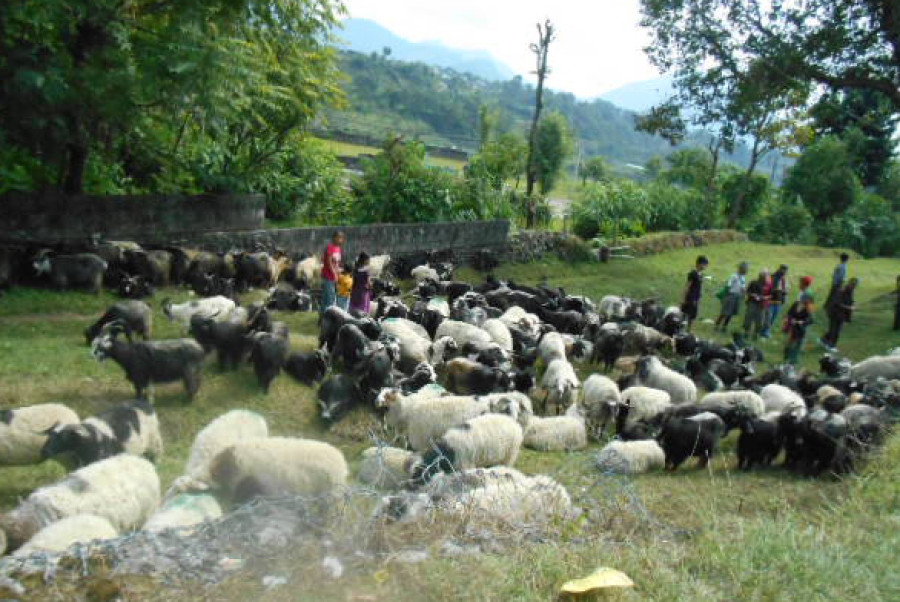
Traders have brought fewer sheep and mountain goats from the Himalayan region to Pokhara for this festive season compared to past years. The animals are usually shipped from places like Rukum, Dolpa and Mustang in the mountains.
However, demand for sheep and mountain goats has risen, raising concerns about a possible shortage. Sheep and mountain goats from the Himalayan region are very popular among meat lovers.
According to District Livestock Services, shipments of animals from the Himalayan region have dropped around 50 percent this year. “Supplies from Dolpa and Rukum, in particular, have fallen sharply,” said Khagendra Prasad Thakali, officiating head of the office. “Due to the unavailability of animals for sacrifice during the festival, prices are likely to surge.”
Thakali said traders had shipped 15,188 sheep and mountain goats to Pokhara from Tibet, China and Upper Mustang. Last year, more than 25,000 sheep and mountain goats were brought to market in Pokhara.
The decline in supply has pushed up prices significantly. Mountain goats and sheep used to cost Rs18,000 to Rs20,000 per head last
year. Prices have swelled to around Rs30,000 this year. Traders claim that the animals have been brought from Mustang, but around 25 percent of them have been imported from Tibet.
According to traders Bharat Dagami Magar and Om Pun who arrived in Pokhara a week ago with a herd of mountain goats and sheep, said they had to pay taxes in several places thus pushing up prices. “We had to pay Rs8,000 in taxes at the border between Mustang and Myagdi and Rs4,000 in Myagdi for 164 sheep and mountain goats,” the traders said.
Pokhara livestock mkt down
POKHARA: Political turmoil in the southern Tarai plains and lack of gasoline has affected the supply of goats in Pokhara. The livestock market has started witnessing a few transactions daily since Wednesday. “Business has suffered massively this year. The Tarai banda and unavailability of diesel has hit the transportation of goats,” said Gyan Bahadur Shrestha, president of the Livestock Management Committee. According to him, around 12,000 goats were sold in the market during the same time last year. Sales may barely reach 8,000 goats this year, considering current trends. The import of goats from India has shrunk drastically, and the animals arriving in the market are mostly from Nepalgunj, Surkhet, Palpa and Tanahun. Goat costs Rs435 per kg. Around 150 entrepreneurs conduct business at the lone goat market in Pokhara.




 9.12°C Kathmandu
9.12°C Kathmandu



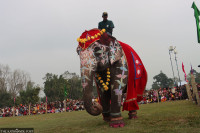
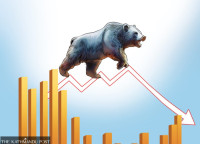

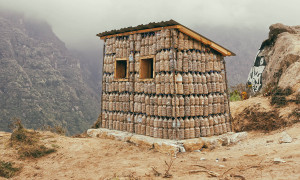


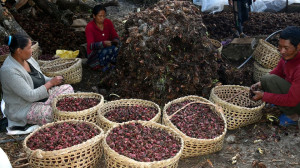


%20(1).jpg&w=300&height=200)
